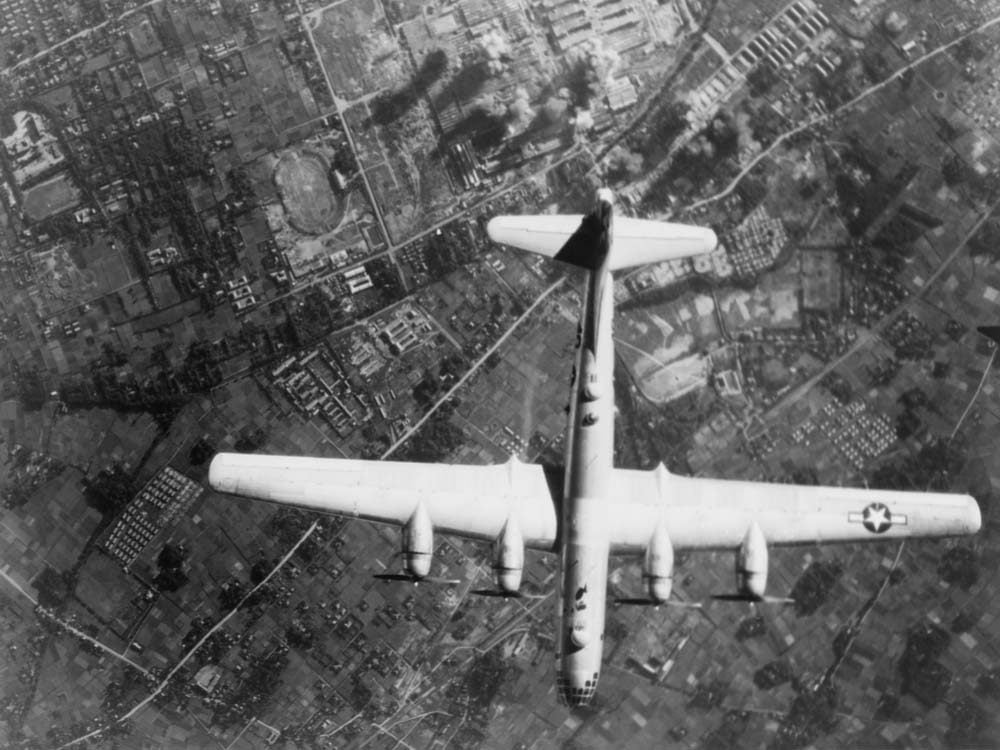
1. Blockbuster
During the Second World War, this modern-day term for a box-office hit had a more sobering definition: a bomb big enough to take out most of a city block.
Discover how a metal shaving kit saved a Canadian solder’s life in WWII.
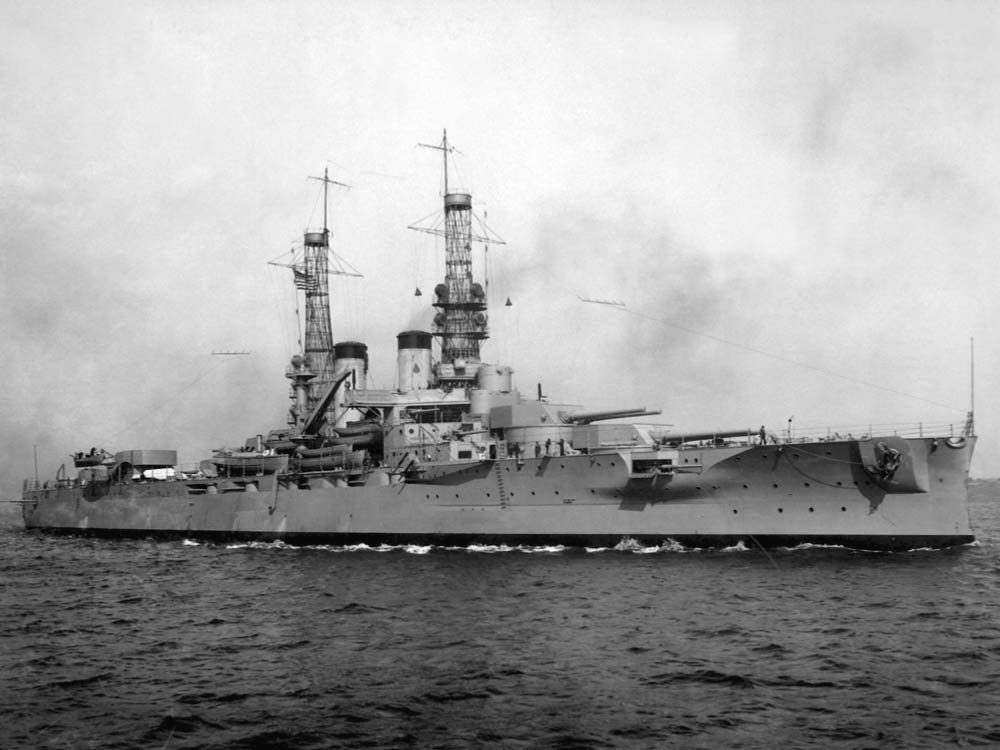
2. Cup of Joe
When Josephus Daniels was appointed secretary of the U.S. Navy in 1913, he banned alcohol from military ships. Legend has it that sailors began to refer to the hardest drink available to them—coffee—as a “cup of joe.”
Bad news, coffee drinkers! You’re probably a psychopath if you like your coffee black.
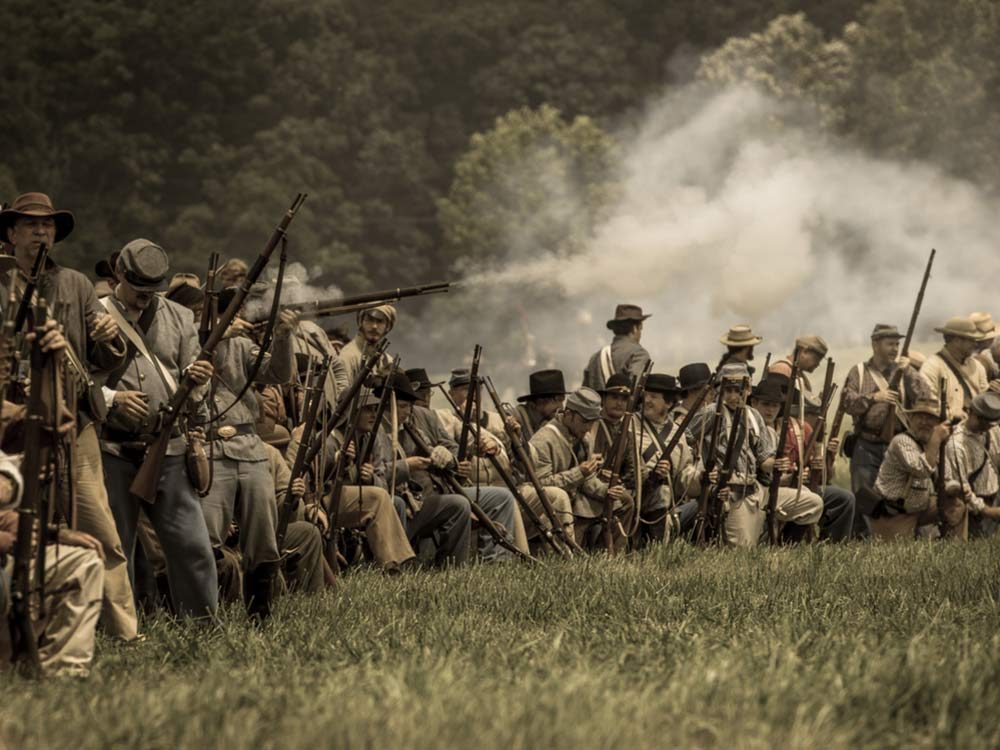
3. Deadline
Now a synonym for “due date,” “deadline” was originally used much more literally. During the Civil War, POWs were confined and surrounded by a deadline, so called because if a prisoner were to cross it, he could be shot dead.
Want to improve your vocabulary? Start with these 14 world-famous books!

4. Grunt Work
During the Vietnam War, American infantrymen took to calling one another “grunts.” One likely theory says “grunt” refers to the sound a soldier made when picking up heavy combat gear; another (less likely) says it was an acronym for “general rifleman, usually not trained.” In any case, grunt work became synonymous with tedious, thankless labour.
Check out these 22 History Lessons Your Teacher Lied to You About.
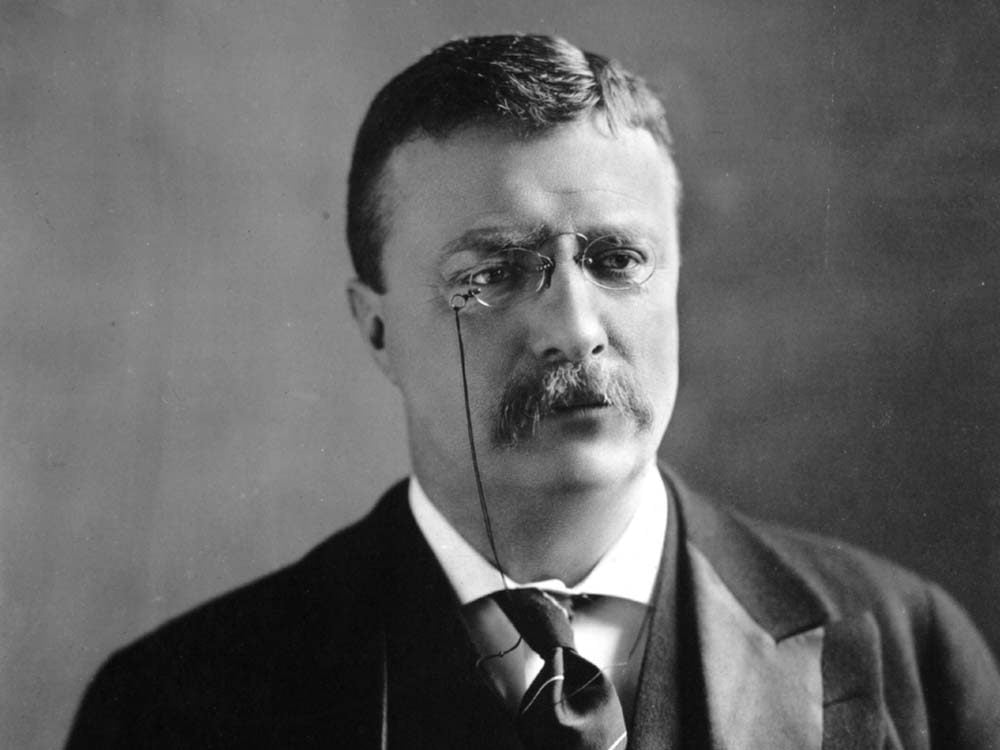
5. Loose Cannon
Theodore Roosevelt once told a journalist he didn’t “want to be the old cannon loose on the deck in the storm.” He referenced a time before fixed-turret guns, when ship cannons were mounted on wheels to roll between gun ports. A “loose cannon” could break free in choppy waters, endangering sailors.
Non-native speakers often have difficulty pronouncing these 10 English words.
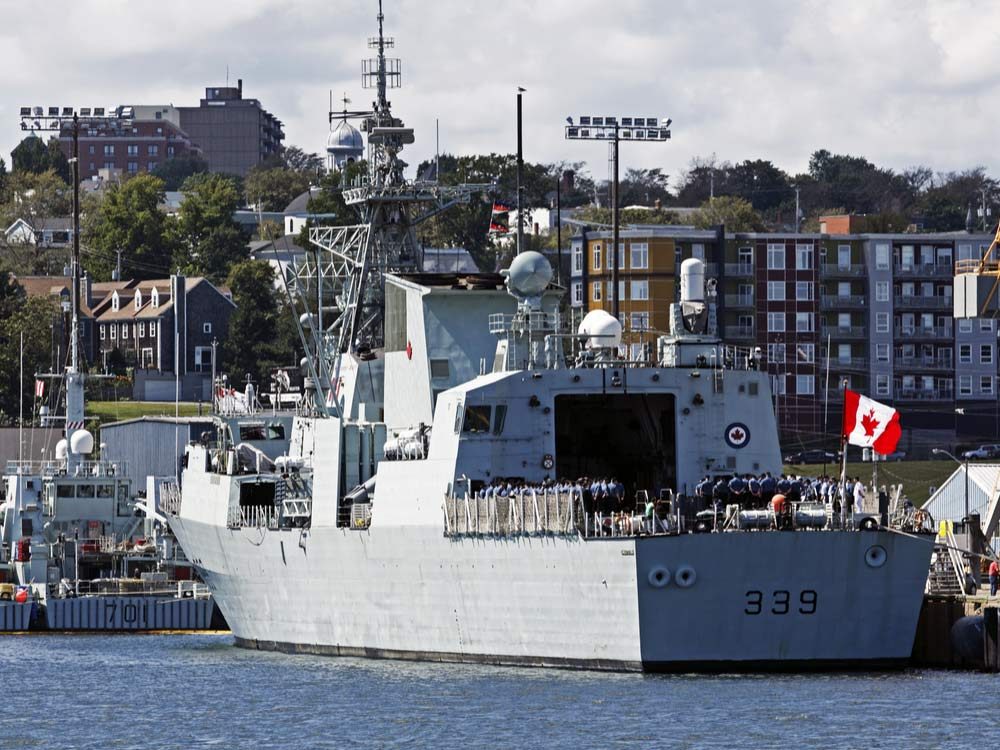
6. With Flying Colours
If a naval ship returned to its home port after battle with its flags—or “colours”—still flying, that indicated victory. Today the phrase means to do something well.
Hungry for more language trivia? Check out 6 Words Women Pretty Much Universally Hate!